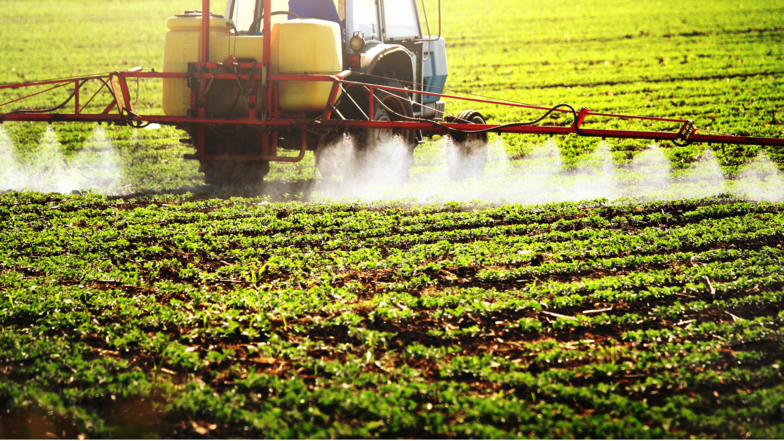The findings are part of the carcinogenicity arm of the Global Glyphosate Study, the most comprehensive investigation ever carried out on the multiple effects of the world’s most used herbicide and related formulations. The study is exceptional in its design and time coverage.
Therefore, these results bring a significant added value to the scientific investigations about the risks related to glyphosate exposure and strengthen the longtime call from independent researchers and civil society organisations' to ban glyphosate once and for all.
Key features and results of the study:
- The study investigated effects of glyphosate alone, and two glyphosate-based formulations, Roundup BioFlow (MON 52276, used in the European Union) and Ranger Pro (EPA 524-517, used in the United States) on rats (Sprague Dawley).
- The investigation of the rodents’ exposure spanned over the long term, starting at prenatal stage for 2 years, at doses of 0.5, 5, and 50 mg/kg of body weight/day.
- The doses administered (via drinking water) correspond to levels of glyphosate currently considered safe by regulators: the EU acceptable daily intake (ADI) and the EU No Observed Adverse Effect Level (NOAEL).
- Increased dose-related incidences of benign and malignant tumors that are normally rare in those rodents were observed in all 3 treatment groups compared to the controls. The tumors affected both sexes, often started early in life and were observed at multiple sites: for instance, leukemia, or tumors in the liver, the ovary, the thyroid, or the nervous system among others.
- Importantly, an increase in early deaths was also observed: 40% of the deaths from leukemia in the group of rodents exposed to glyphosate only occurred at less than one year of age (less than 35-40 years ago in humans).

The results of this exceptional study add further impetus to enact a ban of glyphosate as soon as possible. Long-term exposure to even low doses of the herbicide causes malignant tumors. Decision-makers cannot pretend anymore that we are lacking evidence to take action to protect the population.Senior Campaigns Strategist
Preliminary findings of the Global Glyphosate Study regarding toxicity on the microbiome as well as endocrine and reproductive toxicity at doses considered safe by the regulatory agencies were already released, and more results are expected regarding neurotoxicity.
In 2015, the WHO International Agency for Research on Cancer (IARC) classified glyphosate as probably carcinogenic for humans (category 2A) and concluded that there is sufficient evidence of carcinogenicity in experimental animals. However, since then, regulatory agencies have consistently concluded that glyphosate is safe to use and renewed its market license, despite significant public mobilisation supporting a ban.
Stop the Toxic Trade!
Toxic pesticides on our plates: Pesticides banned in the EU are exported – only to return as residues in rice, bananas and raisins. A dangerous boomerang! The EU promised to stop this in 2020. But still no law. Urge the European Commission to move forward and ban export of these toxic chemicals.
